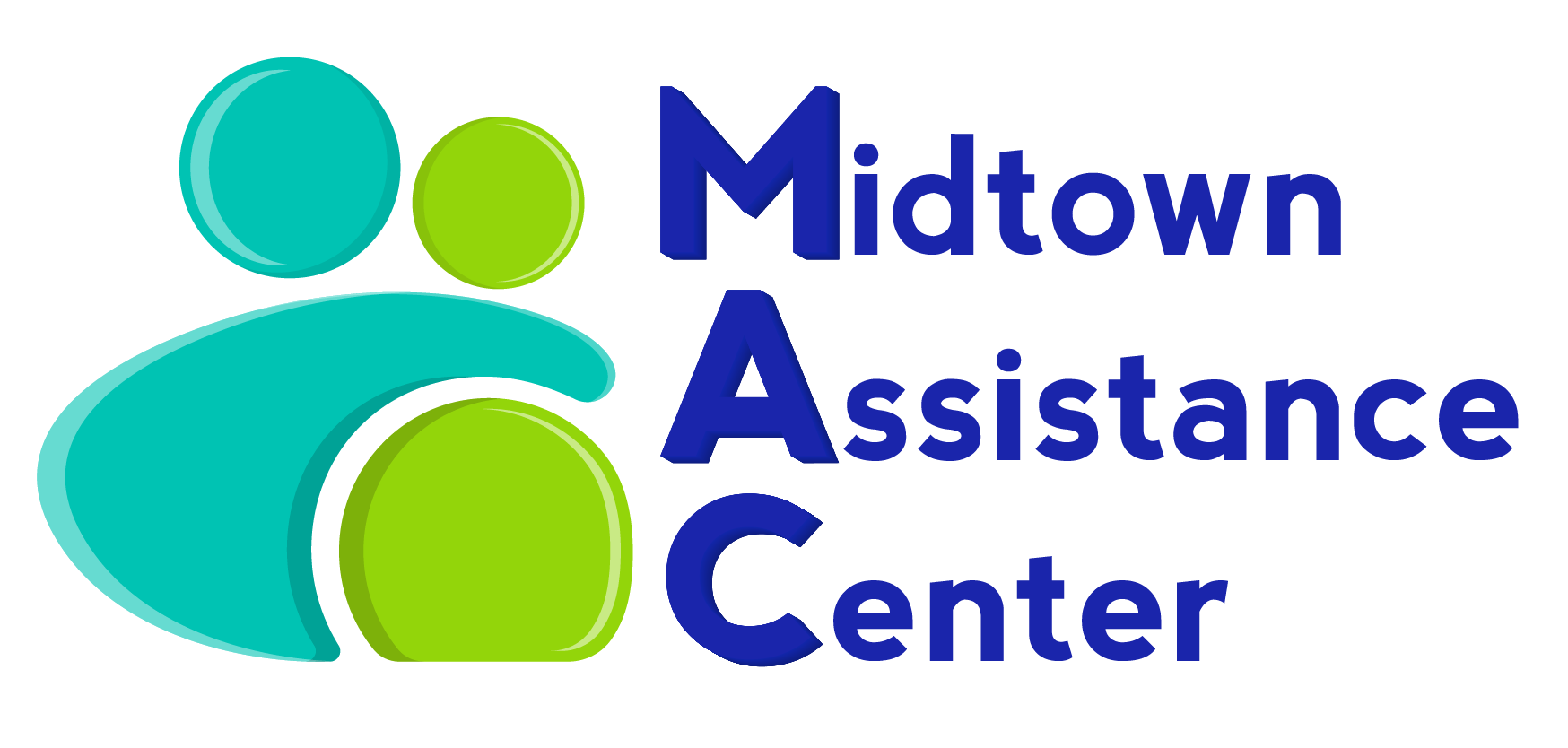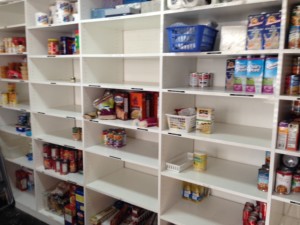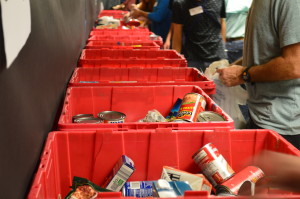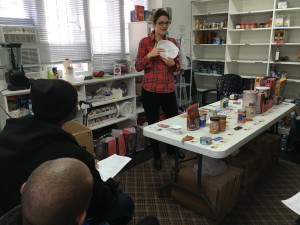Which Meal Would You Go Without? : Fighting Food Insecurity at MAC
April, a single mother of two, calls MAC’s assistance line on a Wednesday afternoon. Recently, the restaurant where she worked as a waitress laid her off, and she has found herself unable to pay her usual expenses, including rent for her apartment. While speaking with staff about her situation, she says that she plans to use the little money she has saved to pay her utility bills. However, if she pays her power bill and keeps her heat on, she does not know if she will be able to buy groceries for her family.
When Mark’s first job out of prison went under, he faced losing the new life he had built for himself. He was still in the process of starting over when he received his eviction notice, and his payment from his new job wouldn’t come in until January. While making his December rent payment in order to remain housed through the winter remained his primary concern, his situation also left him uncertain that he would be able to eat regularly.
Jerry, a veteran, is retired and receives disability benefits, which allow him to afford his apartment and utility expenses. However, he only receives around $15.00 in food stamps each month and recently paid emergency medical bills. Without food assistance, he might have to eat less than three meals a day.
For many of MAC’s clients, eating regularly and healthily is a luxury instead of an everyday occurrence. In fact, food insecurity is a problem for many working Atlantans. According to the most recent report released by Hunger in America, 1 in 7.5 people in Metro Atlanta and North Georgia need food assistance from charitable organizations like MAC.
What is “food insecurity?”
While many of MAC’s clients have full time jobs, pay bills, and purchase groceries, they experience low food security. The USDA defines “food insecurity” as having food access problems and limitations. They divide food security into four categories: high food security, marginal food security, low food security, and very low food security. If someone faces low or very low food security, their food may be of poor quality and variety, and they may even have to skip meals and eat inconsistently due to their financial situation. Every day, the staff and volunteers at MAC meet a spectrum of clients facing varying levels of food security. For some of them, food insecurity is a new, unexpected problem that has come with a recent job loss. For others, something as small as holiday expenses or feeding their children when school is out of session forces them to choose between homelessness and hunger.
How does MAC fight food insecurity?
At Midtown Assistance Center, clients like the few mentioned above can receive groceries for free to help them manage difficult financial times. When they arrive at MAC, a volunteer hands them a list of available groceries. Regularly available groceries include canned meats, fruits, and vegetables as well as staples like pasta, peanut butter, and milk. Our food is either shelf stable or freezable so it can last on our clients’ shelves. Once our clients complete the list, our volunteers bag the groceries and help carry them to the door.
Recently, MAC also started a partnership with Open Hand. Through this partnership, Open Hand has begun teaching free nutrition and cooking classes at MAC. Not only do our clients learn about shopping for healthy food on a budget and cooking wholesome meals during their busy schedules, but Open Hand also provides the ingredients for the meal the clients learn to prepare. Clients leave these classes more informed about how to make healthy and frugal decisions, and they also have a lot of fun!
How can I help?
MAC would not operate without donations and volunteers. Every donation, from a large-scale church food drive to a single bag of canned goods, goes directly to our clients. We have a large demand for canned meats like salmon, chicken, and beef stew, as well as canned fruits and vegetables. We use donations like peanut butter crackers, fruit cups, and protein bars to make snack bags for our homeless clients seeking MARTA passes and professional clothing. Our clients can also receive toiletries, feminine products, diapers, paper products, and detergent at MAC.
If you are interested in donating food or your time, please feel free to contact us. When one client, Lauren, visited MAC for rental assistance with her daughter while recovering from a stroke, the volunteer seeing her offered her food to help with her current situation. “You should get some food,” her daughter told her. “Your kitchen is nearly empty.” Thankfully, stocked shelves at MAC allowed Lauren to stock her own pantry. With this assistance, she could continue on her road to recovery without giving up her health or her home.





